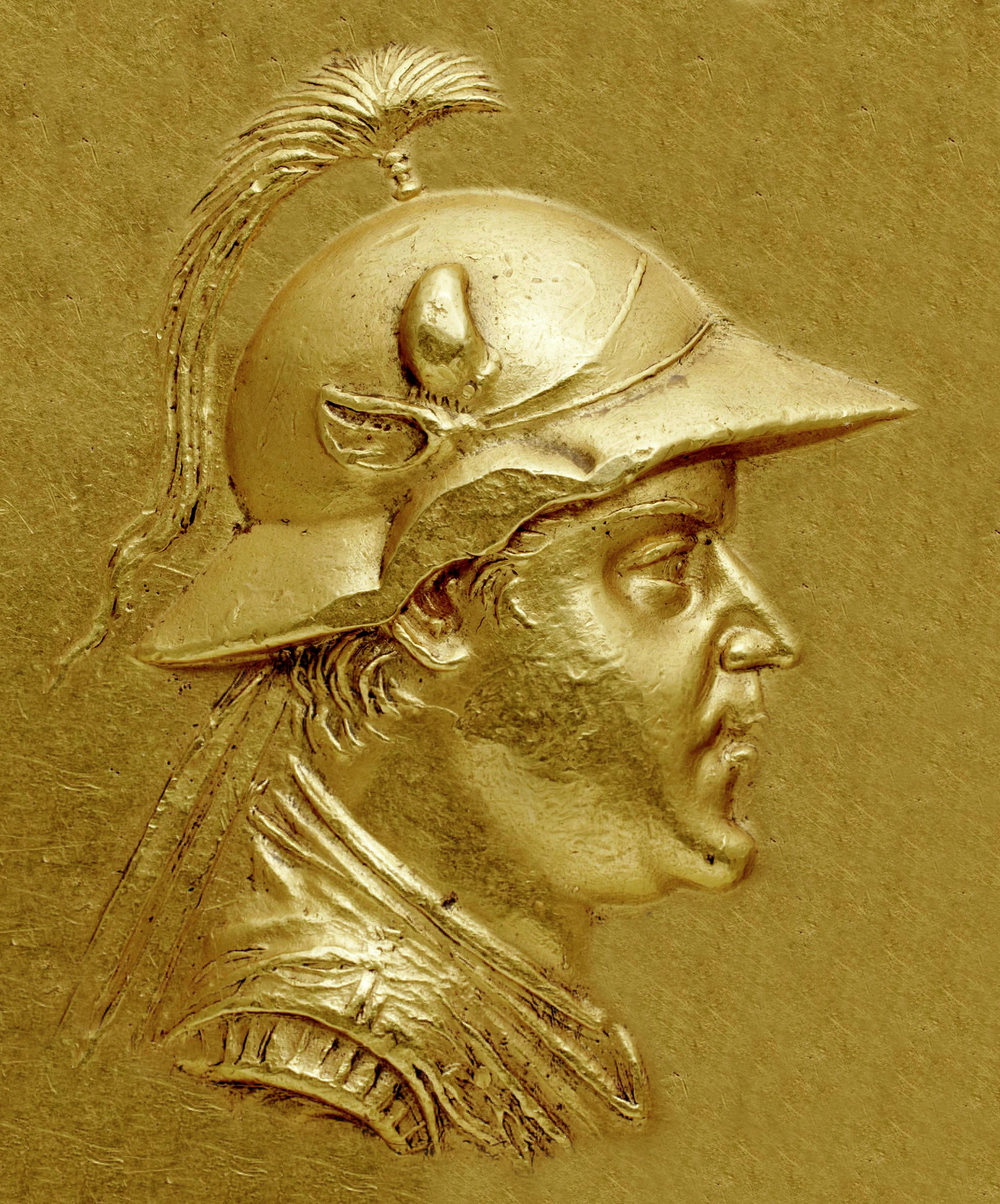Abdullah Qutb Shah
Coins
Abdullah Qutb Shah (r. 1626–1672) was the seventh ruler of the Qutb Shahi dynasty of the Golkonda Sultanate. His reign marked the beginning of the sultanate\'s decline, culminating in its annexation by the Mughal Empire under Aurangzeb in 1687. Accession: Ascended the throne after his father Muhammad Qutb Shah\'s death in 1626. Mughal Relations: Faced pressure from Mughal emperor Aurangzeb, who besieged Golkonda in 1656 and forced Abdullah to accept Mughal suzerainty, pay tribute, and cede territories.Treaty of 1656: Agreed to insert Aurangzeb’s name on coins and surrender the Ramgir region as dowry for his daughter’s marriage to Aurangzeb’s son, Sultan Muhammad. Internal Challenges: Struggled with factional conflicts, including the rebellion of Mir Jumla (his prime minister), who defected to the Mughals in 1666. Accused of an improper intimacy with Mir Jumla’s family, leading to Mir Jumla’s betrayal.

Eukratides I
Coins
Eucratides I (reigned c. 171–145 BCE) was a Greco-Bactrian king who exerted significant influence over the Indo-Greek territories but did not directly rule the Indo-Greek Empire. His campaigns against Indo-Greek kings, however, shaped the region\'s political landscape. Dynasty: Founder of the Eucratid dynasty, overthrowing the Euthydemids. Territorial Claims: Briefly held parts of northwestern India (Indus region) but faced resistance from Indo-Greek rulers like Menander I. Overthrow of Euthydemids:Seized Bactria by dethroning Antimachus I while Demetrius I campaigned in India. Fought Parthians under Mithridates I, securing Bactria\'s western frontiers. Invasion of Indo-Greek Territories: Conquered parts of Gandhara and the Indus Valley, possibly reaching Barigaza (Gujarat). Conflict with Menander I: Temporarily overran Indo-Greek territories but was repelled by Menander I around 155 BCE.
